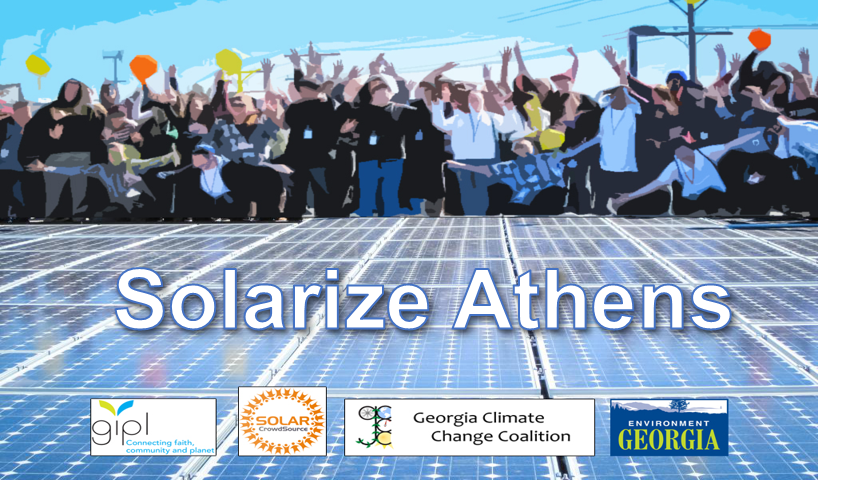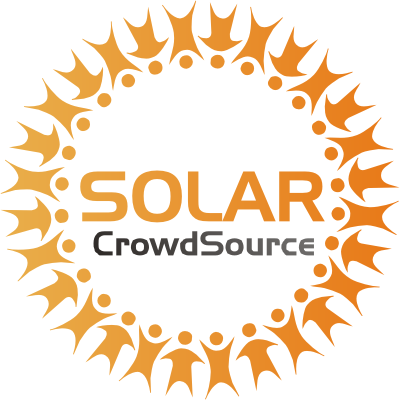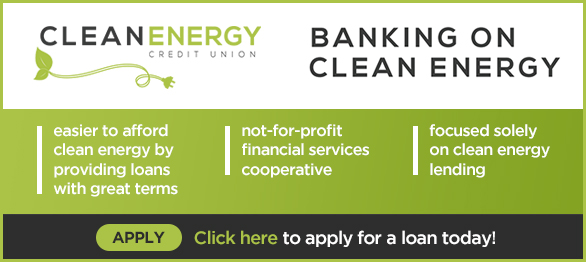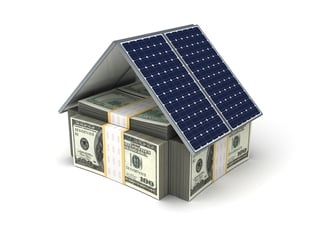 Solar is a great investment for several reasons. It's clean and renewable so the only fuel source ever needed is the sun. It requires very little operating and maintenance. Most solar panels come with a 25-year performance warranty and will continue generating electricity far longer. Performance is monitored in real-time through your computer or smart phone. It's basically a "set it and leave it" technology that will continue to generate savings every day, every month, and every year for decades to come.
Solar is a great investment for several reasons. It's clean and renewable so the only fuel source ever needed is the sun. It requires very little operating and maintenance. Most solar panels come with a 25-year performance warranty and will continue generating electricity far longer. Performance is monitored in real-time through your computer or smart phone. It's basically a "set it and leave it" technology that will continue to generate savings every day, every month, and every year for decades to come. But if solar is so great then why don't we see it on rooftops all across Athens and the surrounding area? Well, the answer(s) to that question is complicated. There are regulatory, market, and political barriers in place that slow the widespread adoption of solar. The democratization of energy through solar is a threat to the centralized power plant utility monopoly status quo so a great deal of time and resources goes into making sure solar doesn't grow too fast to disrupt that business model. Despite all that however, there is one barrier to widespread solar adoption that has nothing to do with any of the shenanigans currently being espoused at the PSC's IRP hearings this week. That barrier is the upfront cost of solar.
Although the cost of solar has come down 80% in the last 6 years and programs like Solarize Athens help further reduce the price of solar, going solar still requires the costs to be paid upfront. Incentives are available to recover the upfront cost in year-one. For example, everyone who goes solar get's a 30% federal tax credit. Residential Jackson EMC customers get an additional 15% +/-rebate. Businesses can get additional tax incentives through bonus and MACRS depreciation worth another 15-20%. So by the end of year-one, you can expect to recover anywhere from 30-50% of the upfront cost depending on your situation. But what happens after that?
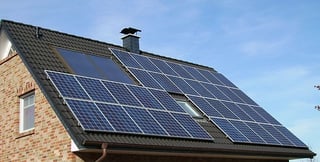 How long will it take to recover the rest of the cost of solar? Are there ways to finance the cost of solar? If I finance solar, how can I minimize my out out-of-pocket expense and have the solar panels pay for themselves so I can truly "set it and leave it" without investing additional time or money? Well, that's where Solarize Athens comes in. We've developed a series of easy to understand worksheets (below) to help you understand the financial benefits of solar, how to make it cash flow, and with as little out of pocket expense as possible. Click on the residential, business, and nonprofit worksheets below. We hope you find them helpful and please feel free to reach out to us if you have any questions.
How long will it take to recover the rest of the cost of solar? Are there ways to finance the cost of solar? If I finance solar, how can I minimize my out out-of-pocket expense and have the solar panels pay for themselves so I can truly "set it and leave it" without investing additional time or money? Well, that's where Solarize Athens comes in. We've developed a series of easy to understand worksheets (below) to help you understand the financial benefits of solar, how to make it cash flow, and with as little out of pocket expense as possible. Click on the residential, business, and nonprofit worksheets below. We hope you find them helpful and please feel free to reach out to us if you have any questions.Thank you for your interest in Solarize Athens and we hope you have found this program helpful as we continue to make the transition to clean energy more affordable and accessible than ever, together.
Please note: Solarize Athens does not give tax advise and we do not claim to be tax professionals. As with all tax matters, you are advised to seek professional tax advice to determine how tax incentives apply to each individual situation.

